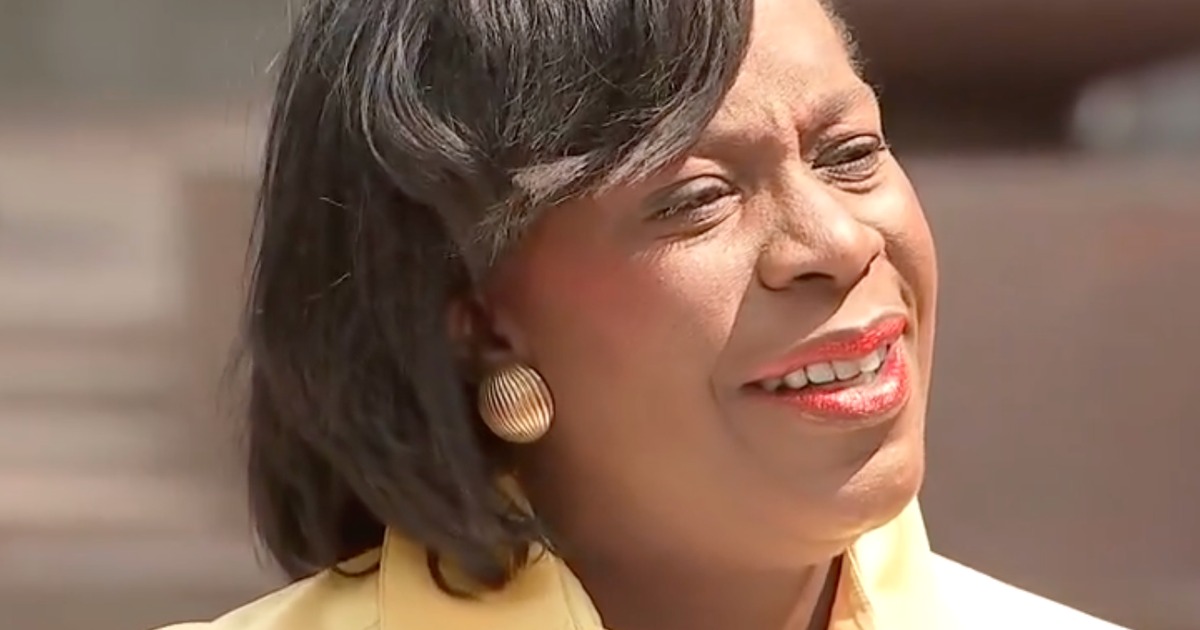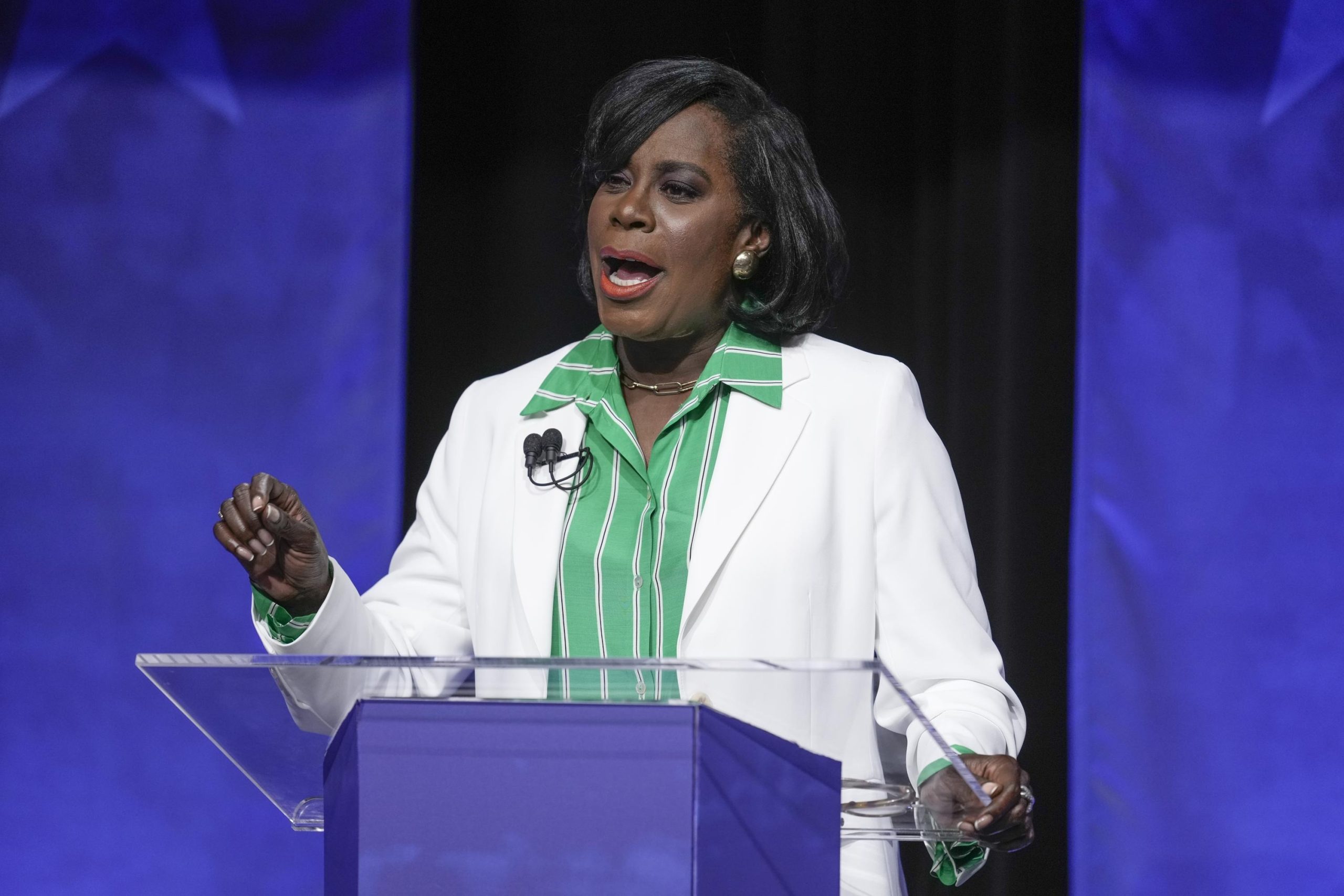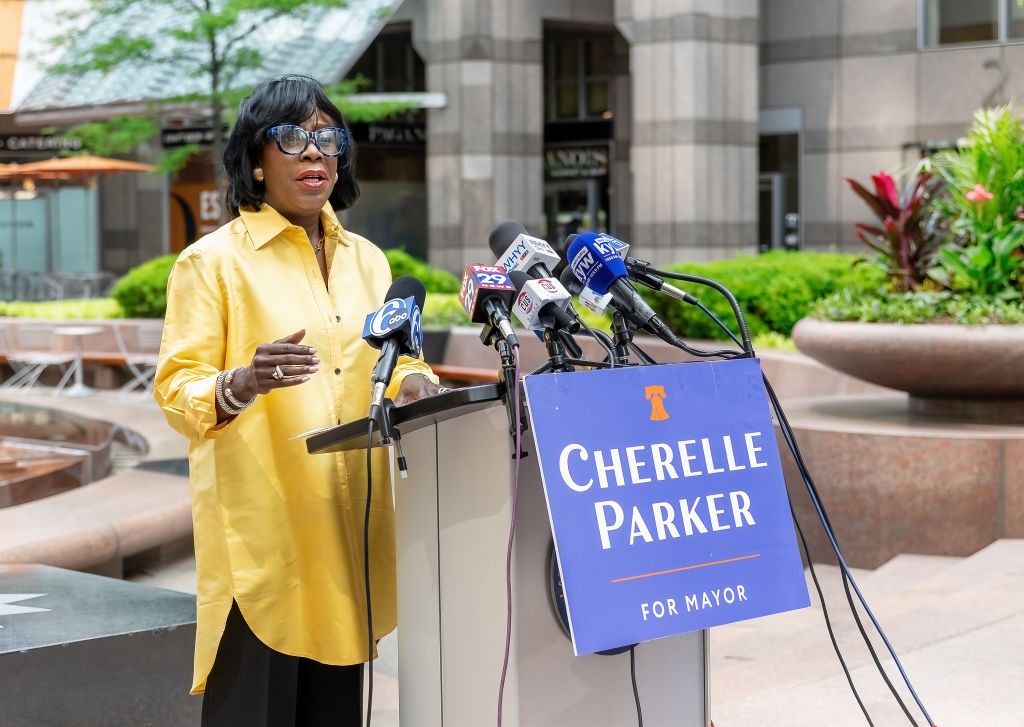In her bid to become Philadelphia’s inaugural female mayor, Cherelle Parker committed to enhancing city safety using any legal means, including potentially increasing stop-and-frisk policing. This method, which allows police to detain and search individuals if they suspect criminal activity, has stirred controversy due to its implications.
Since assuming office on January 2, Parker, alongside Police Commissioner Kevin Bethel, has primarily avoided elaborating on stop-and-frisk’s role in their crime-fighting strategy.
Their reticence has raised eyebrows, especially with the forthcoming unveiling of a detailed public safety strategy. Concerns are growing within the community that this plan might reintroduce a contentious element of Philadelphia’s approach to managing gun violence.

Cherelle Parker (Credits: PhillyVoice)
Philadelphia’s struggle with gun violence is significant, with over 1,860 lives lost since 2020. In early March, following a mass shooting, Parker reaffirmed her commitment to utilizing all legal measures to ensure public safety without directly mentioning stop-and-frisk.
However, when pressed by journalists about escalating its use, Bethel expressed frustration, emphasizing the immediate need to address the city’s violence rather than focusing on policing tactics.
Despite this ambiguity, the first fatal police shooting under Parker’s leadership has sparked fears of an expanded use of stop-and-frisk. The incident involved the death of 28-year-old Alexander Spencer following a confrontation with police officers in a corner store.
The altercation and subsequent shooting have led to public outcry and demands for accountability, highlighting the deep-seated issues associated with stop-and-frisk practices.
The release of surveillance footage from the store has further complicated the narrative, showing the moments leading up to the altercation. With the District Attorney’s investigation into the shooting underway, there is heightened scrutiny over the legality and morality of the initial stop.

Mayor Parker giving a speech (Credits: AP News)
Activists and community leaders are vocal in their criticism, drawing parallels to past controversies surrounding stop-and-frisk and its perceived racial biases and abuses of power.
These incidents strain the relationship between law enforcement and the communities they serve and reignite debates over the efficacy and ethics of such policing methods.
As the city awaits the investigation’s results, the incident serves as a pivotal moment for Philadelphia’s leadership to reflect on its policing policies and their impact on community trust and safety.
The discussions surrounding stop-and-frisk and the broader implications of law enforcement strategies indicate cities’ challenges in balancing public safety with civil liberties.























